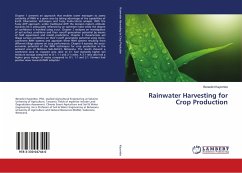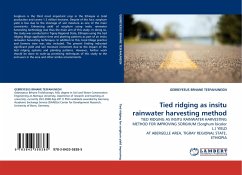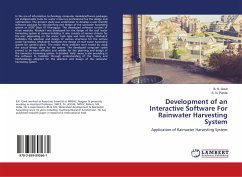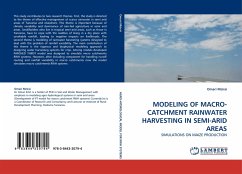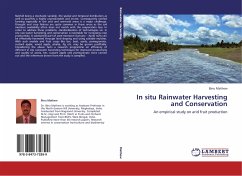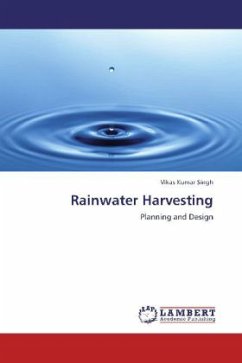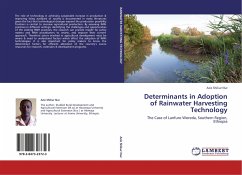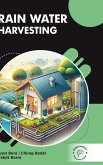Chapter 1 presents an approach that enables water managers to assess suitability of RWH in a given area by taking advantage of the capabilities of Earth Observation techniques and fuzzy multi-criteria analysis. With the Fuzzy AHP approach, unlike traditional AHP, the decision maker's attitude towards risk is adequately reflected by an optimism index while the degree of confidence is handled using a-cut. Chapter 2 analyzes an investigation of soil surface conditions and their runoff generation potential by means of field experiment and model predictions. Chapter 3 characterizes soil tillage surface conditions on their runoff generation potential using micro-catchment RWH systems and appraises these RWH systems resulting from different tillage systems on crop performance. Chapter 4 assesses the socio-economic potential of the RWH techniques for crop production in the semiarid area of Bobirwa Sub-district, Botswana. The results showed a catchment area to cropped area ratio of 3:1 had markedly higher soil moisture storage compared to 0:1, 1:1 and 2:1 ratios. A 3:1 ratio also had a higher gross margin of maize compared to 0:1, 1:1 and 2:1. Farmers had positive views towards RWH adoption
Bitte wählen Sie Ihr Anliegen aus.
Rechnungen
Retourenschein anfordern
Bestellstatus
Storno

